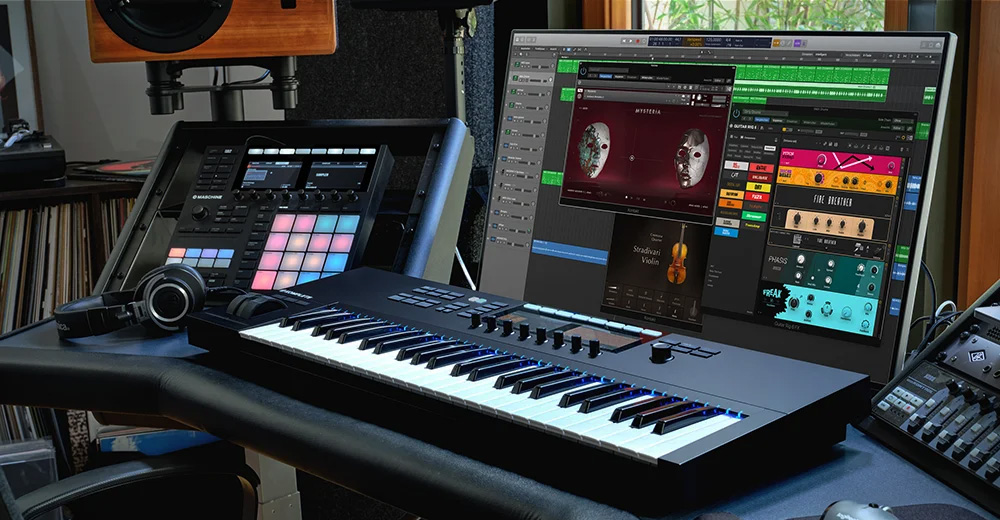
Music plugins are a powerful tool for any creative producer, providing endless possibilities to transform and enhance your music. With the right sound design techniques and plugin settings, you can drastically change the feel of a track or create something entirely unique. By experimenting with plugins and discovering their potential, you will become more comfortable with sound design, which can lead to more creative and engaging music.
Some popular plugins are virtual synthesizers, which generate sounds electronically through a computer interface. These offer a wide range of sonic possibilities and can be used to create dynamic and expressive soundscapes. There are also drum machines that provide access to pre-programmed beats or custom kits for creating unique rhythms. Reverb and delay plugins can be used to add space and depth to a mix, while EQ and compressor plugins help shape the overall sound. There are also other creative plugins designed for manipulating sounds in unusual ways, such as granular synthesis or time-stretching.
The difference between VST plugins
VST2 and VST3 is the format in which they are saved. VST2 plugins are designed for use with older versions of Digital Audio Workstations (DAWs), while VST3 plugins are more modern, offering greater flexibility and improved sound quality. The choice between VST2 vs VST3 plugins will depend on your workstation, as vst2 plugins may not be compatible with VST3-compatible DAWs. Both VST2 and VST3 plugins can offer powerful sound design capabilities, so it’s important to experiment and find which format works best for you.

Trends and innovations in music plugins
The music plugin industry is constantly evolving, with new trends and innovations occurring every year. One of the most notable developments has been the introduction of creative “multi-effects” plugins which combine multiple effects into one package. This allows producers to quickly achieve sounds that would normally require a lot of time and effort to create manually.
In addition, some music software developers have begun to embrace “machine learning” technology, allowing plugins to adapt and respond to their input in unique ways. This opens up a world of possibilities for sound design and can help producers achieve unique sounds that might otherwise be difficult or impossible with traditional techniques.
Plugins are incredibly versatile tools that can be used in a variety of ways to create new and exciting sounds. With the right sound design techniques and plugin settings, you can drastically change the feel of a track or create something entirely unique. So whether you’re looking to enhance your mixes, add texture to your tracks, or simply explore creative possibilities, plugins are a powerful tool for unlocking your creative potential.



